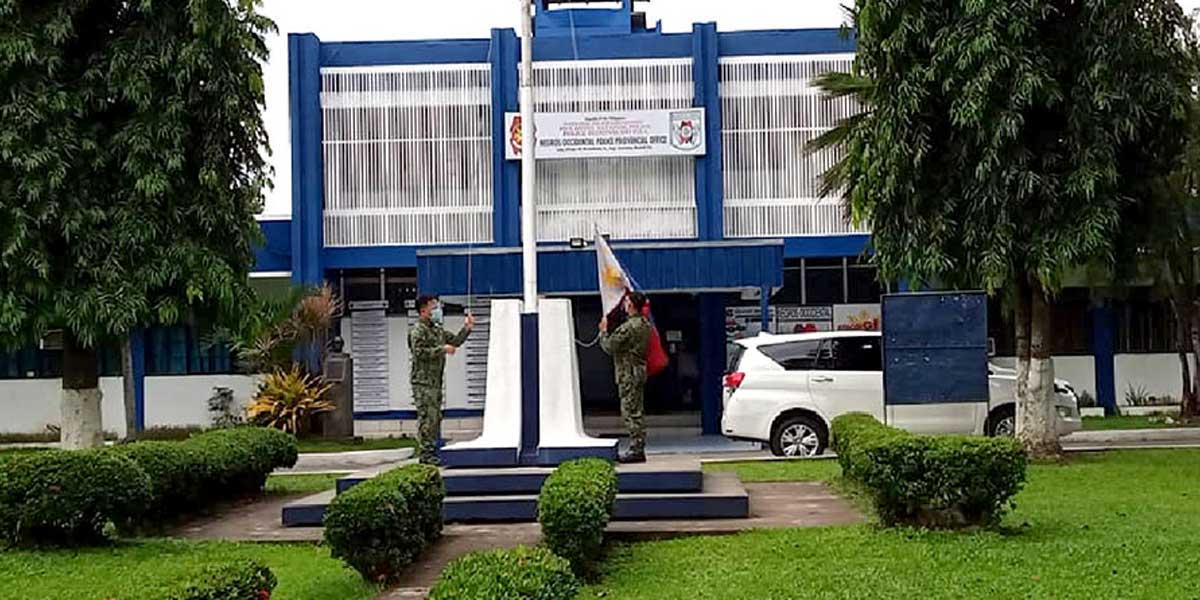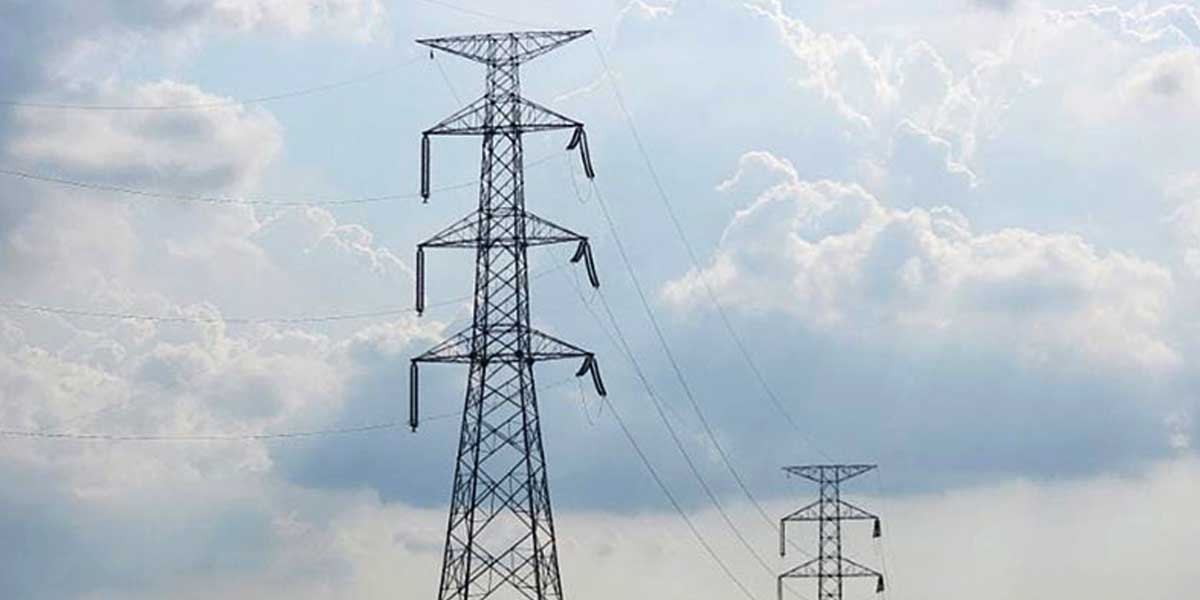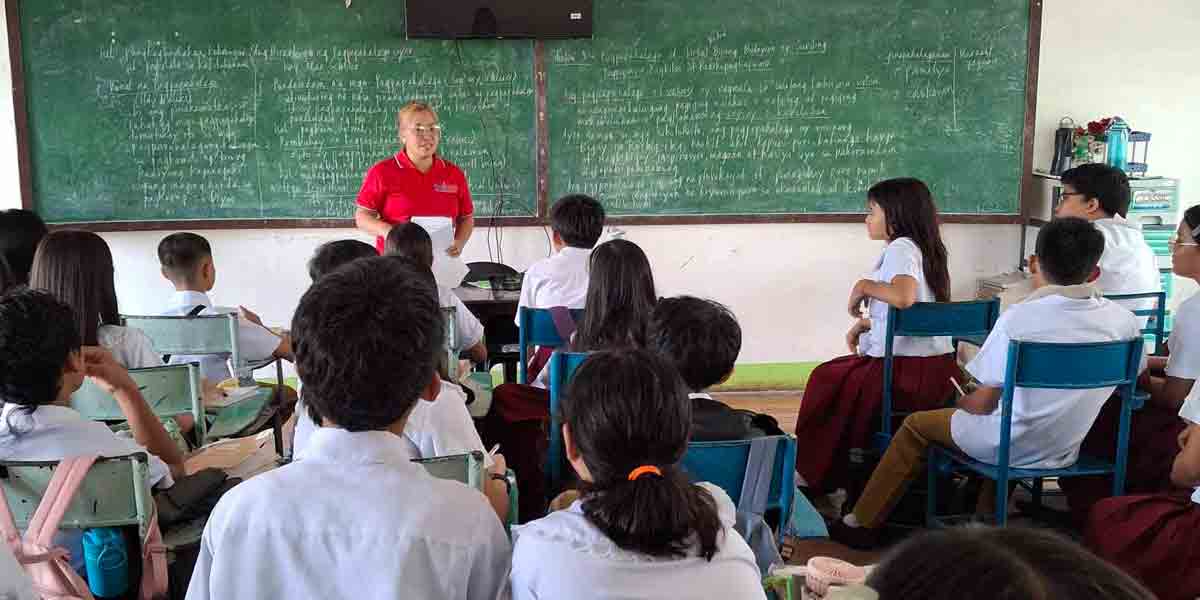
The World Health Organization (WHO) has had an extraordinary year leading the global battle against a once-in-a-century pandemic.
But the SARS-CoV-2 virus that causes COVID-19 is not the only pathogen we’ve dealt with in 2020; this outbreak was one of many health emergencies on our books.
This year WHO responded to more than 60 emergencies, including major outbreaks of chikungunya in Chad, yellow fever in Gabon and Togo, measles in Mexico, flooding in Sudan, storms in the Philippines and Viet Nam, and much more.
After an 18-month struggle in the eastern Democratic Republic of the Congo (DRC), together with the government and our partners, we ended the world’s second-largest Ebola outbreak on record.
This was one of the most complex health emergencies WHO has ever faced, made even more difficult by the country’s largest-ever measles outbreak.
We’re now counting down to the end of the latest Ebola outbreak in western DRC.
Following the devastating blast in Beirut in August, WHO provided care for the injured, mental health support for health workers and communities, and helped to rebuild destroyed hospitals.
We provided urgent support to thousands of refugees and migrants in Greece after the fire at the asylum centre on Lesvos.
We continued to provide life-saving access to health care for people in countries facing conflict, including in Africa, the Middle East and the Caucasus.
Also in 2020, the WHO African region has been declared polio-free.
We’ve seen this past year that countries with robust health emergency preparedness infrastructure have been able to act quickly to contain and control the spread of the COVID-19 virus.
The 73rd World Health Assembly will consider a draft resolution (EB146.R10) that strengthens Member States’ preparedness for health emergencies through more robust compliance with the International Health Regulations.
This Resolution calls on the global health community to ensure that all countries are better equipped to detect and respond to cases of COVID-19 and other dangerous infectious diseases.






















